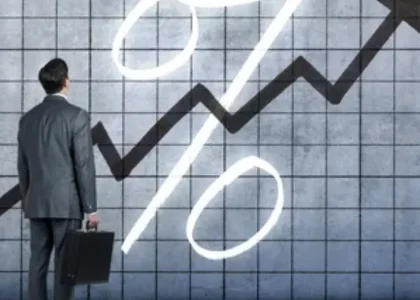Understanding Household Debt

In the fabric of economic discourse, household debt weaves a complex narrative. It’s a pivotal factor influencing consumer spending, economic growth, and financial stability. But what exactly is household debt? Simply put, it’s the total amount of money that all households owe lenders. This debt includes mortgages, credit card debt, auto loans, student loans, and any other liabilities individuals accrue.
The Rise of Household Debt: Trends and Statistics
Over the past few decades, household debt has experienced a significant surge. According to recent statistics, the average household debt in many developed countries has risen substantially. Factors contributing to this increase include easier access to credit, rising living costs, and societal norms encouraging consumption.
Impact of Household Debt on Economic Stability

While some level of household debt can be considered normal and even beneficial for economic growth, excessive debt levels can pose a threat to economic stability. High levels of household debt can make economies more vulnerable to downturns, as households struggle to meet their financial obligations when faced with economic shocks like recessions.
The Relationship Between Household Debt and Consumer Spending
Consumer spending is a cornerstone of economic activity, driving demand for goods and services. Household debt plays a significant role in shaping consumer spending patterns. When households are burdened with high levels of debt, their ability to spend on discretionary items diminishes, impacting overall economic growth.
Debt-to-Income Ratio: A Key Metric for Financial Health

One important metric used to gauge the health of household debt is the debt-to-income ratio. This ratio compares the amount of debt a household holds to its income. A high debt-to-income ratio indicates that a significant portion of income is being used to repay debt, potentially signaling financial strain.
Risks Associated with High Levels of Household Debt
High levels of household debt carry various risks, both for individual households and the broader economy. These risks include increased vulnerability to economic downturns, reduced ability to save for the future, and potential financial distress if interest rates rise or incomes decrease.
The Role of Financial Institutions in Household Debt

Financial institutions play a crucial role in the accumulation of household debt by providing various lending products, such as mortgages, credit cards, and personal loans. While access to credit can empower individuals to achieve their goals, it also comes with the responsibility of prudent lending practices to prevent excessive debt accumulation.
Government Policies and Household Debt Management
Governments often implement policies aimed at managing household debt levels and promoting financial stability. These policies may include regulations on lending practices, initiatives to promote financial literacy, and measures to support households facing financial hardship.
Strategies for Individuals to Manage Household Debt
For individuals burdened with household debt, managing finances effectively is paramount. Strategies such as budgeting, debt consolidation, and prioritizing debt repayment can help individuals regain control of their financial situation and reduce the long-term impact of debt.
The Psychological Impact of Household Debt
Beyond its economic implications, household debt can also have a significant psychological impact on individuals and families. Debt-related stress, anxiety, and feelings of insecurity can take a toll on mental well-being, highlighting the importance of addressing debt issues holistically.
The Link Between Household Debt and Economic Growth

While high levels of household debt can constrain economic growth in the short term, the relationship between debt and growth is nuanced. Responsible borrowing can fuel consumption and investment, driving economic activity and fostering long-term prosperity. However, striking the right balance is key to ensuring sustainable growth.
International Perspectives on Household Debt
Household debt dynamics vary across countries, influenced by factors such as cultural attitudes towards debt, regulatory frameworks, and economic conditions. Comparing international experiences can provide valuable insights into effective debt management strategies and their impact on economic outcomes.
Balancing Household Debt for Economic Resilience

In, househol debt is a complex phenomenon with far-reaching implications for individuals, economies, and societies as a whole. While moderate levels of debt can support economic growth and prosperity, excessive debt poses risks to financial stability and well-being. By promoting responsible borrowing, effective debt management, and supportive policies, we can strive to achieve a balance that fosters economic resilience and prosperity for all.
Click here for more visited Posts!




